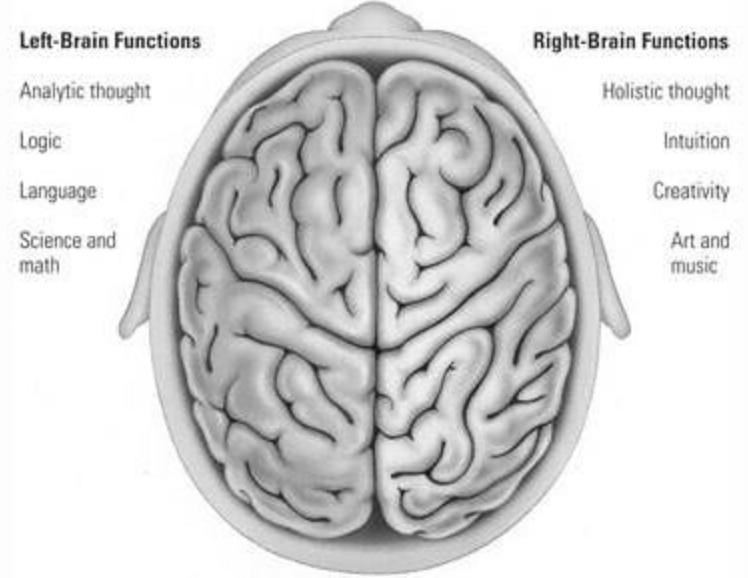The Psychology of Chess: How the Game Affects the Mind and Emotions

One of the most significant ways in which chess affects the mind is through the development of cognitive skills. Chess requires players to think critically, analyse situations, and make informed decisions based on the available information. It also involves problem-solving, spatial awareness, and pattern recognition. These skills are not only important for chess players but can also be applied to real-life situations, such as decision-making in business, science, and everyday life.
In addition to cognitive benefits, chess can also have a positive impact on emotional intelligence. Emotional intelligence is the ability to identify, understand, and manage one’s emotions, as well as the emotions of others. Playing chess requires players to read their opponent’s body language and understand their thought process. This skill can help players develop empathy and emotional intelligence.
Chess can also help players manage stress and anxiety. In a study conducted by the University of California, researchers found that playing chess reduced stress levels and improved the mood of the players. The study also revealed that playing chess increased the production of dopamine, a neurotransmitter associated with pleasure and reward. This suggests that playing chess can be a therapeutic activity that can help individuals manage stress and improve their mood.
Another potential negative effect of chess is the development of perfectionism. Perfectionism is the tendency to set high standards for oneself and others and to be excessively self-critical. This can be a problem for chess players who strive for perfection and become overly critical of their mistakes. This can lead to feelings of stress, anxiety, and burnout.
Despite these potential negative effects, the benefits of playing chess outweigh the risks for most individuals. The key is to play chess in moderation and to develop a healthy relationship with the game. This can be achieved by setting realistic goals, maintaining a balanced lifestyle, and seeking support from friends and family when needed.
In conclusion, the psychology of chess is complex and multifaceted. Playing chess can have both positive and negative effects on the mind and emotions. 
The key is to play chess in moderation and develop a healthy relationship with the game. This can be achieved by setting realistic goals, maintaining a balanced lifestyle, and seeking support from friends and family when needed.
Another important aspect of the psychology of chess is the role of personality traits in chess playing. Research has shown that certain personality traits are more common among chess players than the general population. For example, chess players tend to be more analytical, introspective, and detail-oriented than non-chess players. They also tend to be more independent and less conformist.
These personality traits can influence the way that individuals approach chess playing. For example, an analytical person may enjoy studying chess openings and analysing games in depth. A detail-oriented person may focus on small details such as pawn structures and positional advantages. An independent person may prefer to play alone rather than in a team.
Personality traits can also influence the way that individuals react to winning and losing in chess. For example, an introspective person may reflect on their mistakes and try to learn from them, while a less introspective person may simply move on to the next game. An independent person may feel a greater sense of personal satisfaction from winning, while a more conformist person may feel validated by the approval of others.
In a competitive setting, the psychological factors that influence performance in chess become even more important. These factors include confidence, focus, and resilience. A confident player is more likely to make bold moves and take risks, while a less confident player may be more hesitant and cautious. A focused player is less likely to make mistakes and miss opportunities, while a less focused player may be distracted and unfocused. A resilient player is able to bounce back from setbacks and maintain a positive attitude, while a less resilient player may become discouraged and give up.
The psychological factors that influence performance in chess can be developed through practice and training. For example, visualisation techniques can help players develop confidence and focus. Mindfulness techniques can help players maintain a sense of calm and presence during games. Positive self-talk can help players develop resilience and overcome setbacks.




![[LIVE] Engage2Earn: Veterans Affairs Labor repairs](https://cdn.bulbapp.io/frontend/images/1cbacfad-83d7-45aa-8b66-bde121dd44af/1)














